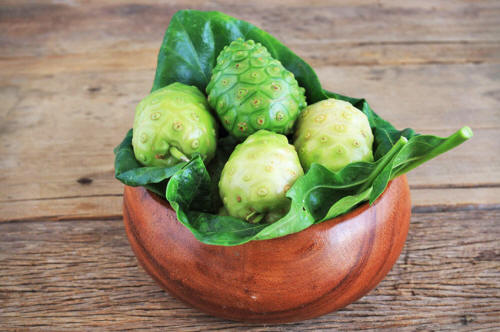|
from
GreenMedInfo Website
The results?
Increasingly, an awareness of the power of commonly used traditional plants to prevent and even treat cancer is coming to the forefront.
In fact, we now houses one
of the largest open access databases on the topic, with over 3,000
studies on the value of over 650 natural substances as
chemo-preventive and chemo-therapeutic agents.
About 80% of these lung cancer cases are classified as non-small-cell lung cancer (NSCLC), and conventional chemotherapy and/or radiotherapy is notorious for failing to kill them due to the phenomena of chemo-resistance and radio-resistance.
The survival statistics using these outdated approaches are dismal:
One of the most common interventions used for lung cancer today, on the chemotherapy side, is the drug Erlotinib, but the drug has never been proven safe or clinically effective in a true placebo-controlled trial.
It was approved by the FDA based on its ability to improve survival a few months when added to conventional chemotherapy only relative the use of chemotherapy alone.
We reported on this all too common practice of eschewing rigorous evidence-based standards with another chemotherapy drug recently:
Clearly, safer, more effective, and more affordable alternatives are needed, and this latest study could open a much needed discussion on the role of natural substances in cancer prevention and treatment.
They used two types of lung cancer cells:
In the cell model, the extract,
In essence, the Noni leaf extract
effected changes consistent with what would expect in an excellent
chemotherapy agent.
Said less euphemistically,
chemotherapy
and radiation not only drive cancer into a more invasive state, but
can transform non-malignant cells into a highly malignant phenotype,
even inducing stem-ness, a type of cellular immortality that can
spell a death sentence to those in which it is induced.
The mice were fed with 150 and 300
mg/kg M. citrifolia leaf extract and compared with Erlotinib (50
mg/kg body weight) for 21 days.
Moreover, consider that Erlotinib has been tested to cause up to 50% of a test group of rats to die of acute toxicity (LD50) at a 1,000mg-2,000 mg/kg oral dose.
The results were reported as follows:
The powerful conclusion of the comparison study was reported as follows:
Remarkably, a similar study was published only earlier this year with the same basic results:
You can view our report here.
Chemotherapy ($220 per dose) Versus Noni Leaf (12 cents per dose)
The implications of this research are truly profound.
Erlotinib (trade name Tarceva) can cost upwards of $7,700 a month (150 mg a day), depending on the drug dose used. Ironically, since the drug doesn’t actually prolong survival effectively, the profit gravy train runs dry sooner than later because the patient dies.
If indeed the drug prolonged survival a year, would it be worth the 30,000 to 90,000 it costs? Perhaps, if you could afford it.
When you compare the price of Noni leaf extract, which can cost as low as 12 cents per 250 mg extract, you begin to see just how skewed our concept of value is.
How could a chemotherapy agent, with deadly side effects, that can easily bankrupt a family if they are forced to pay out of pocket, be offered as the only choice to those with cancer when something that is practically free, safe, and has been proven effective in this way?
Detractors and skeptics will default to the fact that this is only "preclinical," animal research, and they will claim the results are not relevant to human physiology; at least not in a way that should inform our decisions regarding prevention or treatment.
While there is truth in the sometimes chasmic gap between animal and human physiology, the billion dollar plus paywall that exists between finding a compelling lead compound for cancer and proving it effective through human clinical trials required to obtain FDA drug approval is insurmountable for a non-patentable substance like Noni.
There simply would be no return on investment, and that is financial suicide, if not also a legal violation of the fiduciary responsibility a funding organization has to its shareholders.
This figures largely into why animal studies like we report on here will continue to fall short on both the interest and funding necessary to prove similar results in human clinical trials.
Despite this, I believe we have a spiritual and Constitutional right to bodily self-possession and the exercise of free choice when it comes to all our health decisions.
The concept that we need FDA drug approval, or any other source of external permission, to consume a food or plant to prevent, mitigate or treat any disease we are suffering from, is absurd from the perspective of human rights and basic medical ethical principles.
To learn more about why the FDA and law forbids the use of natural substances in medicine, read the article on the topic here.
I also recently wrote an article on why the FDA will not allow turmeric, a highly compelling natural anti-cancer agent, to be used in the prevention or treatment of cancer here.
|


